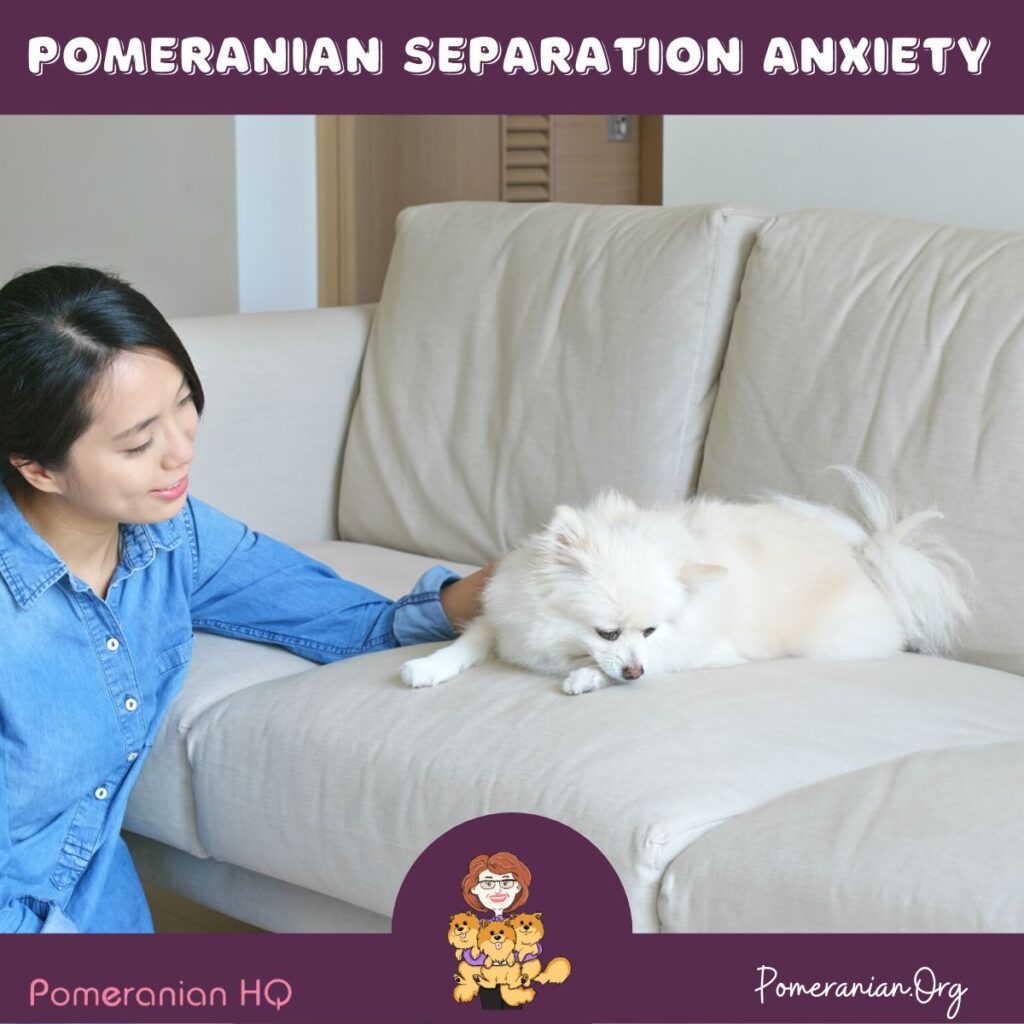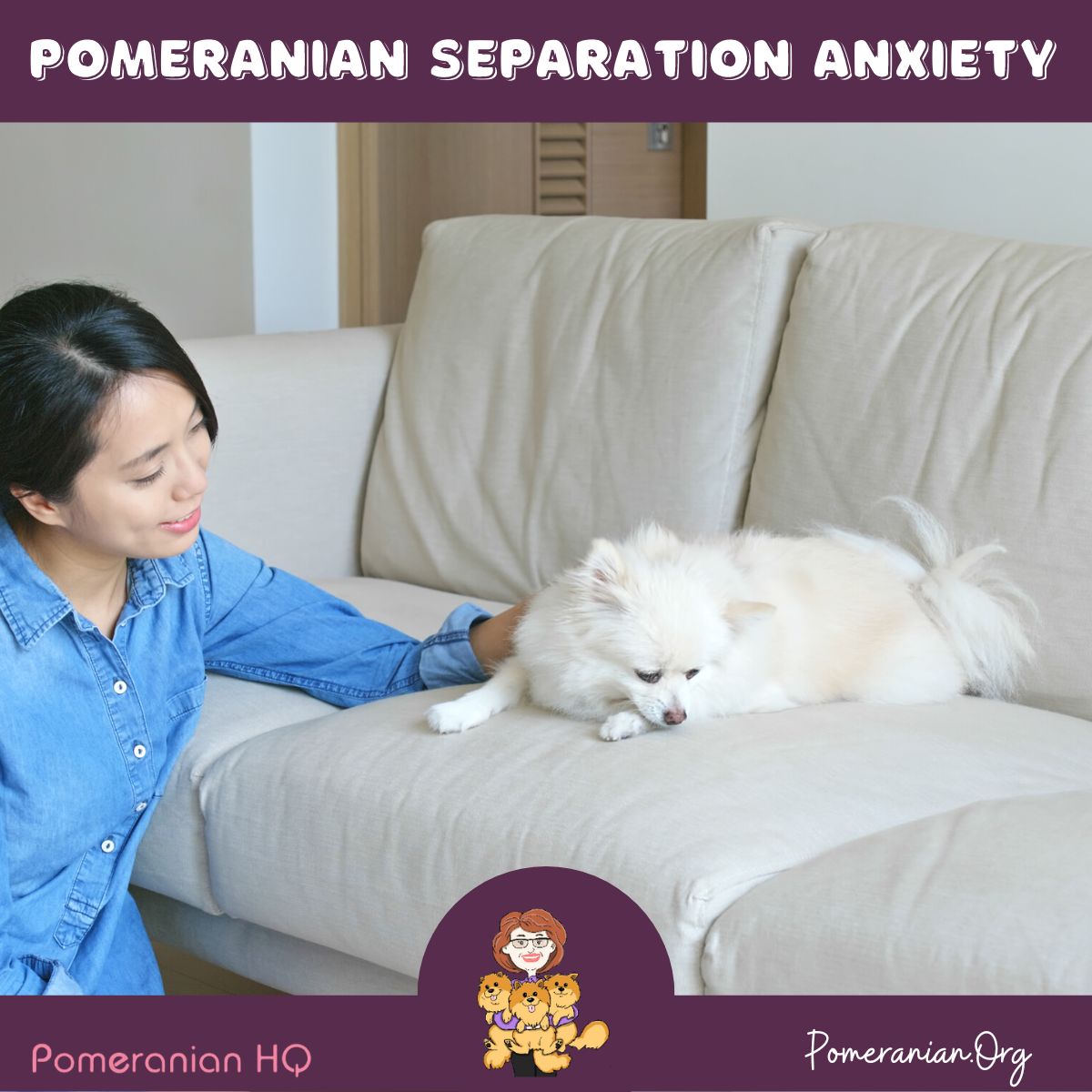If you’re a Persian cat owner, you might be familiar with the challenges of separation anxiety that your furry friend may experience. Persian cats, known for their affectionate nature, can sometimes struggle when left alone for extended periods of time. But worry not, because there are techniques that can help soothe your beloved feline and ease their anxiety. In this article, we’ll explore some effective ways to calm your Persian cat when you’re away, ensuring that they feel secure and content even in your absence. Plus, we’ll provide you with a bonus section of 10 frequently asked questions about Persian cats, so stay tuned for some valuable insights!
Persian Cats and Separation Anxiety: Soothing Techniques
Separation anxiety is a common issue that many Persian cat owners face. These beautiful and gentle creatures can become stressed and anxious when left alone for extended periods. Understanding the signs and symptoms of separation anxiety is crucial in order to provide the necessary care and support for your furry friend. In this article, we will explore the causes of separation anxiety in Persian cats and discuss various techniques to help soothe them in your absence.
Understanding Separation Anxiety in Persian Cats
While Persian cats are known for their independent nature, they can also develop separation anxiety when they feel isolated or left alone for too long. Persian cats are highly social creatures and thrive on human companionship. Being left alone can trigger feelings of fear, stress, and anxiety in them.
Signs and Symptoms of Separation Anxiety
Identifying the signs and symptoms of separation anxiety is crucial in order to address the issue effectively. Common signs of separation anxiety in Persian cats include excessive vocalization, destructive behavior, excessive grooming or licking, urinating outside the litter box, loss of appetite, and restlessness. If your Persian cat displays any of these behaviors when left alone, it is likely that they are experiencing separation anxiety.
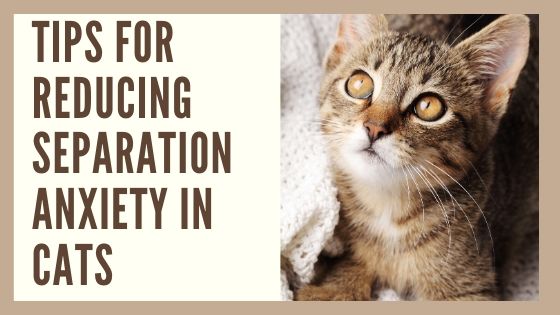
Causes of Separation Anxiety in Persian Cats
There are several factors that can contribute to separation anxiety in Persian cats. Some common causes include changes in the household routine, moving to a new home, the absence of a beloved family member, or being left alone for long periods of time. Understanding the underlying cause of your cat’s anxiety is essential in order to find the most suitable solution.
Creating a Safe and Comfortable Environment
Creating a safe and comfortable environment for your Persian cat can help alleviate their separation anxiety. Provide them with a cozy bed or blanket, and ensure that they have access to their favorite toys or comfort objects. Set up a designated area where they feel secure and can retreat to when they feel anxious. Additionally, consider using Feliway diffusers or sprays, which release pheromones that can help calm your cat’s nerves.
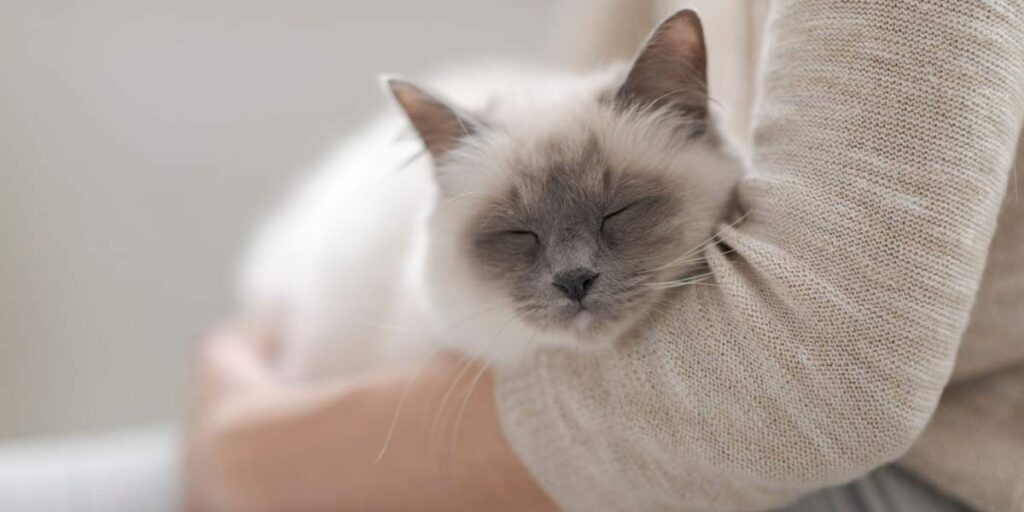
Establishing a Routine
Establishing a consistent daily routine can provide a sense of security and reduce separation anxiety in Persian cats. Feed your cat at the same time each day, and make sure to set aside regular playtime and interactive sessions. Before leaving the house, spend some quality time with your cat to reassure them and provide mental stimulation. A predictable routine can greatly help in soothing their anxiety.
Interactive Toys and Enrichment Activities
Engaging your Persian cat with interactive toys and enrichment activities can help keep their minds occupied and alleviate separation anxiety. Puzzle toys, treat-dispensing toys, and interactive play sessions can provide mental stimulation and distract your cat from feeling lonely. Rotate and introduce new toys periodically to keep their interest piqued.
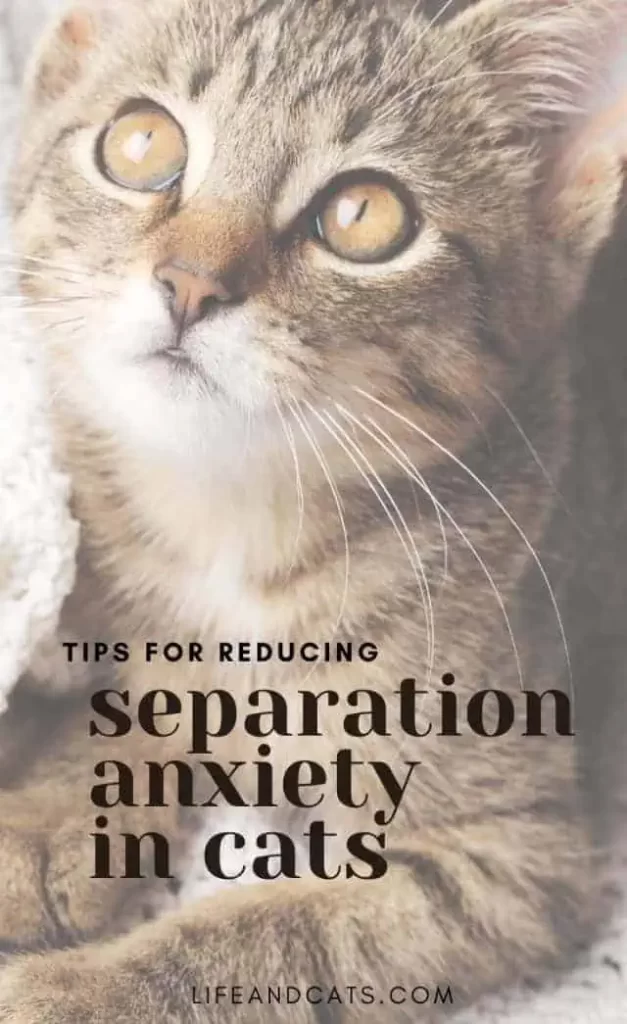
Soothing Scents and Calming Music
Certain scents and music can have a calming effect on Persian cats. Lavender or chamomile-scented sprays or diffusers can create a soothing atmosphere in your home. Calming music or white noise can help drown out external noises and provide a sense of tranquility for your cat. Experiment with different scents and music to find what works best for your Persian cat.
Crate Training and Safe Spaces
Crate training can be a valuable tool in helping your Persian cat feel safe and secure when left alone. Introduce a comfortable crate or carrier as your cat’s den, and gradually make it a positive and calming space for them. Leave treats, toys, and familiar scents in the crate to associate it with positive experiences. Gradually increase the amount of time your cat spends in the crate while you are away, ensuring they feel safe and secure.
In addition to crate training, providing your Persian cat with safe and enclosed spaces throughout your home can also help reduce separation anxiety. Set up cozy hiding spots or perches where they can retreat to when they feel anxious or overwhelmed.

Positive Reinforcement and Training Techniques
Using positive reinforcement techniques can help your Persian cat associate your departure with positive experiences. Offer treats or praise when you leave or return home, reinforcing the idea that your departure is not permanent and that you will come back. Gradually increase the duration of your absence while always ensuring to reward your cat for their calm behavior.
Additionally, consider implementing training techniques such as desensitization and counterconditioning. Gradually expose your Persian cat to situations that trigger their anxiety while pairing it with positive experiences or rewards. This can help them develop a positive association with those situations and reduce their anxiety over time.
Seeking Professional Help
If despite your best efforts, your Persian cat’s separation anxiety persists or worsens, it is advisable to seek professional help. A veterinarian or animal behaviorist can provide further guidance and suggest tailored strategies to address your cat’s specific needs. They may recommend medication, behavior modification techniques, or additional support to help soothe your cat’s separation anxiety effectively.
Remember, each Persian cat is unique, so it may take some trial and error to find the techniques that work best for your furry friend. Patience, consistency, and a loving approach are key in helping your Persian cat overcome their separation anxiety. With the right techniques and support, you can create a safe and secure environment for your beloved pet, ensuring their overall well-being and happiness.
